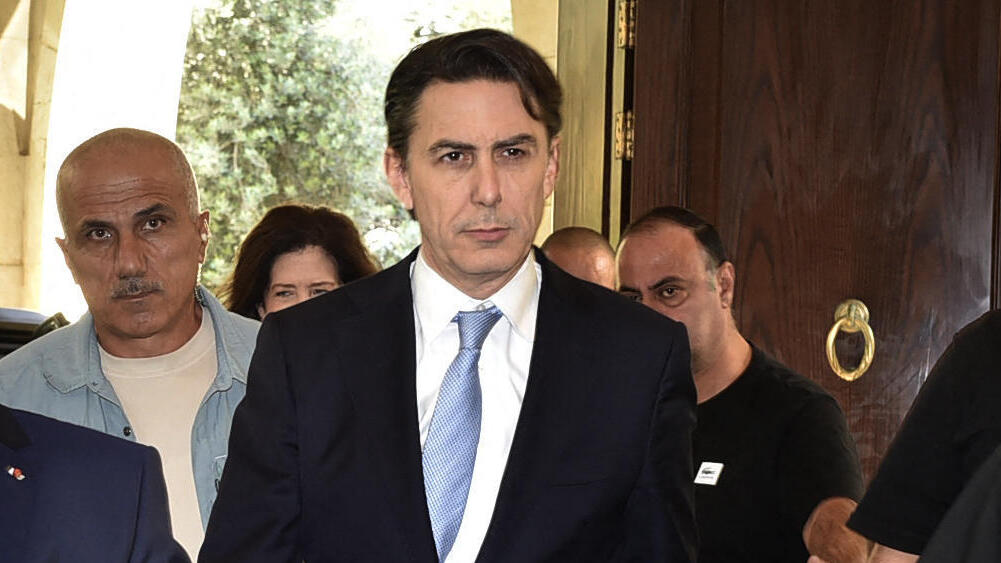Getting your Trinity Audio player ready...
A delegation of envoys is expected to visit Israel and Lebanon in the coming week, aiming to prevent escalation along the northern border. Amos Hochstein, the special envoy of U.S. President Joe Biden, has expressed cautious optimism regarding the potential to leverage the ongoing phase three in the Gaza offensive to establish stability against Hezbollah. Additionally, French Defense Minister Sébastien Lecornu and U.S. Defense Secretary Anthony Blinken will also arrive.
Read more:
As reported by Nadav Eyal on Ynet, the United States is working to forge an arrangement that would push Hezbollah away from the border with Israel. In return, negotiations on the terrestrial border between Israel and Lebanon would take place.
A senior security official mentioned, "Israel extends its hand for a diplomatic solution, emphasizing that it does not play games. However, any arrangement must include the removal of Hezbollah forces from the border to a distance that prevents immediate threats to northern settlements."
Overall, there are 13 points of contention along the Israel-Lebanon border, with most issues resolved. The major unresolved points, from Israel's perspective, include Mount Dov, Shebaa Farms, and the village of Ghajar – areas where Lebanon lacks clear ownership claims. Israel has previously agreed to engage in negotiations on the terrestrial border, but provocations by Hezbollah, such as setting up tents along the Blue Line, hindered progress.
Israel believes that without a military move, the full implementation of UN Security Council Resolution 1701, requiring Hezbollah to withdraw 8-15 kilometers from the border, is unlikely. There is a recognition in Israel that Hezbollah's withdrawal is a prerequisite for the return of Israeli residents to northern settlements. The question remains whether the substantial presence of the IDF along the border will deter any surprise attacks, like the one on October 7.
The Americans are currently the most active and influential force against Lebanon and Hezbollah. Meanwhile, France continues its parallel efforts. President Emmanuel Macron has already dispatched several envoys to Lebanon, advising Hezbollah to avoid escalation and work towards implementing Resolution 1701. Israel is eager to hear Hochstein's proposals and is less optimistic than he is about reaching any agreement with Hezbollah, anticipating continued solidarity between Hezbollah and Hamas throughout the conflict, even if it lasts a whole year.



